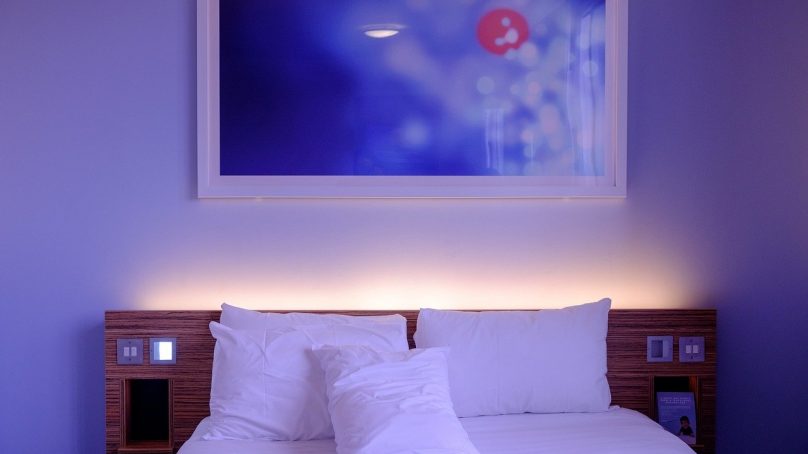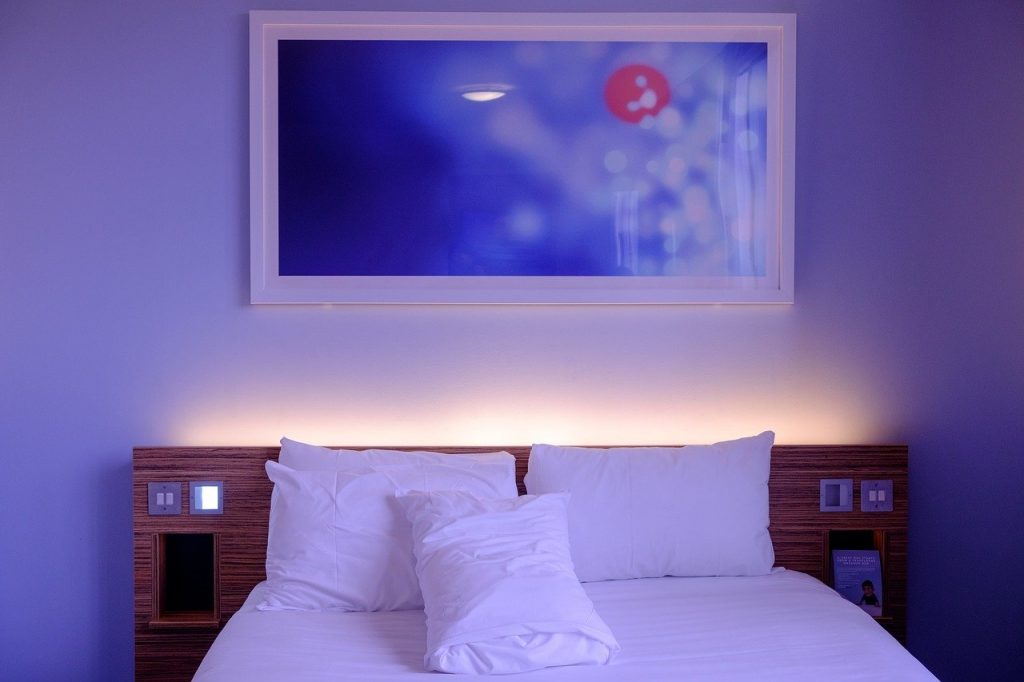
 Amid the instability the hospitality industry has been through in the past few months, and with most countries getting ready to go back to their activity after lockdown, it is more essential for hoteliers to adapt to a new way of doing business to cope with this imposed change.
Amid the instability the hospitality industry has been through in the past few months, and with most countries getting ready to go back to their activity after lockdown, it is more essential for hoteliers to adapt to a new way of doing business to cope with this imposed change.
HN spoke with Hala Matar Choufany, president of HVS Middle East, Africa, and South Asia, to know more about this new dynamism.
What change should hoteliers consider as their post COVID-19 norm?
Recent surveys and observations suggest that guest’s confidence and expectations have drastically changed. Guests and travelers over the next 18 months, and possibly longer, will become more demanding and judgmental. Hospitality guests across the board (travel, hotels, restaurants and other related experiences) will require reassurance at many levels:
– Cleanliness and hygiene are likely to top the list.
– Enforced and upholding promises made by the operators to ensure a safe stay.
– Booking flexibility and value for money;
– Cost of doing business is likely to increase significantly as a result of the safety and health issues. Deciding between closing or remaining open will be critical.
– Location remains important but overall confidence in the destination is more important.
While the guest behavior will either be positively influenced by the availability of a vaccine or negatively impacted in the absence of such; operators should be willing to accept and deal with new realities:

Hala Matar Choufany
– The corporate segment will require time to recover and much less corporate demand will take place in the future
– The MICE segment will require longer time to recover as well as this segment will shrink, especially that online and virtual meetings have now become acceptable
– Travelers are likely to have less disposable income in the next 24 months and as a result will become more price sensitive.
– A rise in all inclusive concepts is likely to happen
– More leisure trips will be made; though experiential trips will become favored over traditional hotel stays.
How will the MENA hospitality scene embrace this new momentum
At a macro level, some markets will perform better as they can appeal to the local and domestic demand; while others will continue to rely primarily on international inbound travel. Countries such as Egypt, Saudi Arabia, Morocco are better placed to capitalize internal travel and adapt the product offering accordingly. Other markets will face larger challenges as they are dependent on a more complicated cycle. The complexity of the current crisis requires a high degree of alignment and coordination between the airlines, government entities- both health and tourism, investors and owners as well as brand managers. The government will play a key role in either supporting the hospitality market(s) through building confidence with the international world and ensuring that the adequate support and supervision is extended to the hotel players. Throughout the last couple of months, we have seen key differences in government approach which will have an impact on recovery and overall success. Currently, most international brands have set out a plan to address hotel guest concerns over cleanliness, social distancing and hygiene. They have engaged in training their staff, redesigning their hotel spaces and delivering their promise to their loyal guests. This may prove sufficient to attract the local community, however without the support of the other key players in the hospitality world, they will find that the investment made to safeguard the wellbeing of their guests will become financially not viable unless there is a serious recovery.
Recovery not before 2023
At a macro, regional and global level, a full recovery is unlikely before 2023 and 2024. The current crisis has and will trigger a longer impact on the financial health and economy of governments, business, and individuals. As a result, any change in the spending budgets will have a detrimental impact on the length of the recovery. Government spending is naturally reduced and therefore government related demand for hotel accommodation is likely to be impacted. Many markets in the region rely heavily on the government related business demand; Business and Corporations spending is equally reduced and impacted. Those that survive for much longer will likely revisit all travel related budgets related to business needs. Fifty percent of the demand in the MENA region and 75 percent of demand in the GCC is generated by the Corporate/MICE segment and therefore it is unlikely that this demand will recover anytime in the next two years. A reduction in this segment; which is highly likely, will have a severe impact on 80 percent of hotels in the region. Leisure demand which continues to grow in the MENA region and specifically in markets such as Egypt, UAE, Lebanon to name a few will bounce back quicker than other segments. However, as guests are increasingly concerned over their overall health and well-being, I forecast recovery to be closely tied to the availability of a treatment or a vaccine. We may see significant improvement in certain markets around major events such as Expo 2020 and World Cup Qatar 2022 (should these continue to happen as planned); however the outlook for returning to normalcy or 2019 levels will take at least three to four years assuming airports open and travel resumes between continents before end of 2020.
What would be the job of hospitality consultants
There will naturally be more focus on strategic advisory work pertaining to assisting clients determine their development and operating strategy. This will require financial assessment/asset management; identifying conversion opportunities; deciding on closing down versus reopening; as well as holding on versus selling. I expect an increasing number of hotel transactions to take place; re-negotiations with lenders; and refinancing opportunities for which we will provide valuation and advisory work. Overall, there will continue to be new projects and developments though at a much slower pace than previously seen in the GCC. A number of cities were facing increasing supply that was impacting hotel performance and values since 2018 and this trend has required us to work closely with owners and reassess their operating strategy. This involves also an assessment of operators and value optimization that was being created. Our advice remains largely similar. We believe that the MENA region has the opportunity to further strengthen and grow its tourism offering and that the region has the potential to attract close to 15 percent of global international tourists by 2030 (up from eight percent in 2019). With that said, we continue to caution developers from overspending, choosing wrong operators; allowing emotions to take over financial decisions and treating this sector in a manner like real estate. We largely recommend identifying suitable development opportunities that appeal to future travelers rather than relying on traditional hotel and travel models which are proving to be less attractive and financially viable.
New trends to anticipate
In the last couple of years, we have observed a real shift from traditional hotel stays into experiential and meaningful travel trips. Overall, wellness retreats and small lifestyle properties have gained popularity and there is a noticeable increase in guests’ willingness to spend on trips that create meaningful memories. These range from treatments to excursions to discovery. This trend will further continue and potentially grow significantly. When people travel less for work; the chances are they will have more time to travel on holidays; perhaps shorter trips but more frequently. Creating a unique destination that focuses more on an experience rather than the guestroom décor will gain more popularity. Embracing local cultures versus rolling out brand standards will become more relevant to decision making. Enhancing personalized guest experience by allowing for meaningful interactions will become ever more important. Operators will need to work more in partnership with the owners to optimize hotel values and not just brand value.














